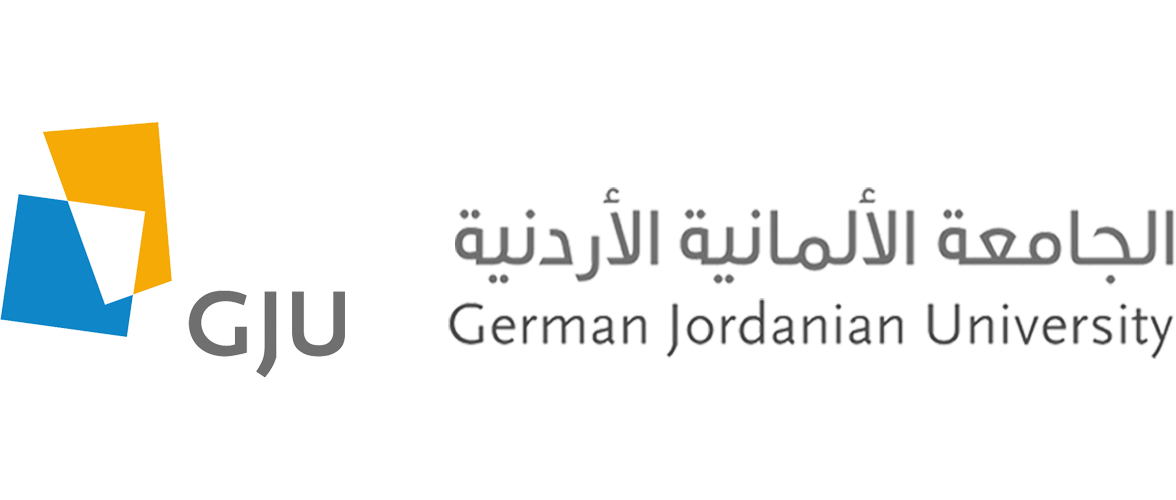Amman- 12 March 2023
The German Jordanian University (GJU) won three awards in the Jordanian Engineers Association’s competition for graduation projects for Jordanian university students in 2022. The association organizes the competition annually to motivate students of engineering faculties in Jordanian universities to advance their creative ideas to produce engineering graduation projects to simulate global progress and development in various engineering sciences.
GJU won the first and second prizes in the projects of the Civil Engineering Department. The First prize was awarded to student Nancy Naffa for her on sustainable green practices in the Jordanian hotel sector under the supervision of Dr. Mona Yaqoub Hindi.
The second prize was awarded to student Ayman Al-Maaytah for his project designing a standard process to assess the impact of various renovation procedures on the thermal behavior of an existing building under the supervision of Dr. Raed Al-Saleh.
As for the category of projects implemented with the industrial sector in cooperation with the Amman Chamber of Industry, students Abdul Hamid Nassar, Anas Al-Nabulsi, Zaid Al-Rawashdeh and Bashar Hijazi from the Electrical Engineering Department won the first prize for the project early detection system for forest fires based on machine learning using vision and sensor integration techniques under the supervision of Dr. Ala' Khalifeh. This project was supported by King Abdullah II Fund for Development and in cooperation with the Jordanian Center for Design and Development as an industrial partner for the project.
About the green practices project, Dr. Hindieh indicated that the study analyzed the extent to which Jordanian hotels integrated green and sustainable practices and the impact of hotel characteristics on their levels. The results showed that the new hotels that received more stars had better sustainable procedures and that the hotel sector began implementing green and sustainable practices in their work, infrastructure, and deployment.
On the other hand, Dr. Al-Saleh stated that the project was divided into four phases: research, concept development, building evaluation, and results analysis to establish specific key performance indicators and use them as a standard for evaluating different settings and forming a basis for decision-making in selecting the best-proposed scenarios. The replacement of insulating materials in the walls and the replacement of windows, and installing a solar panel system on the rooftop is the best-proposed solution through using several algorithms developed by (Leaftech GmbH) to perform analyses on the digital twin of the building.
For his part, Dr. Khalifa explained that the student project aimed to design a system for the early detection of forest fires using IoT technologies and artificial intelligence, noting that the project's outcomes were published in the Fourth Middle East and North Africa Telecommunications Conference.

